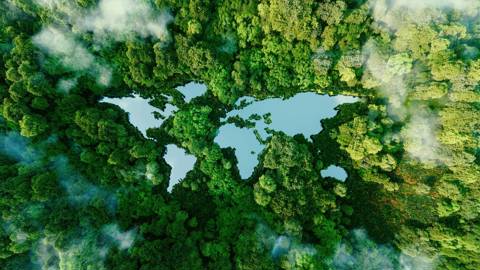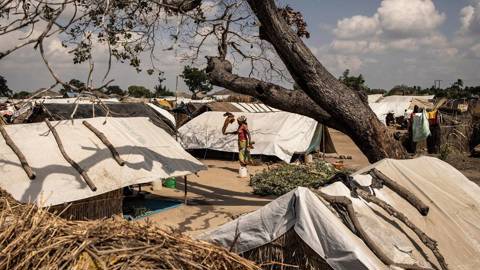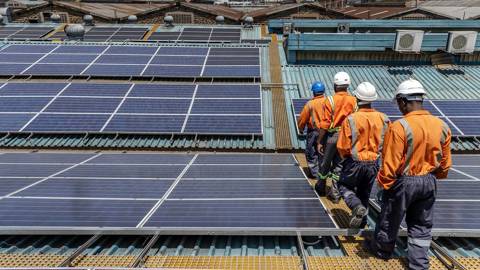Archive
-
De wereld kan het zich niet veroorloven de armste landen te negeren

De wereld kan het zich niet veroorloven de armste landen te negeren
Apr 15, 2024 Indermit Gill & M. Ayhan Kose
-
Een einde maken aan de eindeloze oorlog in Congo

Een einde maken aan de eindeloze oorlog in Congo
Apr 10, 2024 Adekeye Adebajo
-
Subscribe to PS Digital

Subscribe to PS Digital
Access every new PS commentary, our entire On Point suite of subscriber-exclusive content – including Longer Reads, Insider Interviews, Big Picture/Big Question, and Say More – and the full PS archive.
-
Belasting heffen op vervuilers is de sleutel tot klimaatrechtvaardigheid

Belasting heffen op vervuilers is de sleutel tot klimaatrechtvaardigheid
Apr 9, 2024 Laurence Tubiana
-
Hoe een oorlog om Taiwan voorkomen kan worden

Hoe een oorlog om Taiwan voorkomen kan worden
Apr 8, 2024 Joseph S. Nye, Jr.
-
De juiste reactie op China's subsidies voor elektrische auto's

De juiste reactie op China's subsidies voor elektrische auto's
Apr 5, 2024 Gernot Wagner & Shang-Jin Wei
-
Geen barbarij zonder poëzie

Geen barbarij zonder poëzie
Apr 5, 2024 Slavoj Žižek
-
Kan de Europese economie in 2024 de verwachtingen overtreffen?

Kan de Europese economie in 2024 de verwachtingen overtreffen?
Apr 5, 2024 Kenneth Rogoff
-
Solar geo-engineering is een gevaarlijke afleiding
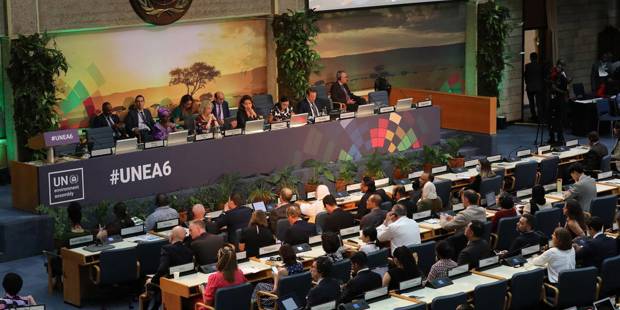
Solar geo-engineering is een gevaarlijke afleiding
Apr 1, 2024 Yacob Mulugetta , et al.
-
Zijn wereldwijde kapitaalregels mogelijk?
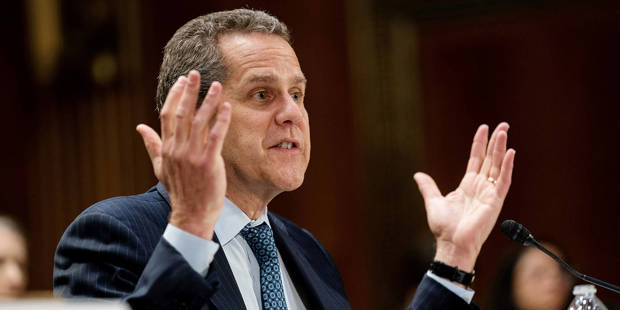
Zijn wereldwijde kapitaalregels mogelijk?
Mar 29, 2024 Howard Davies




